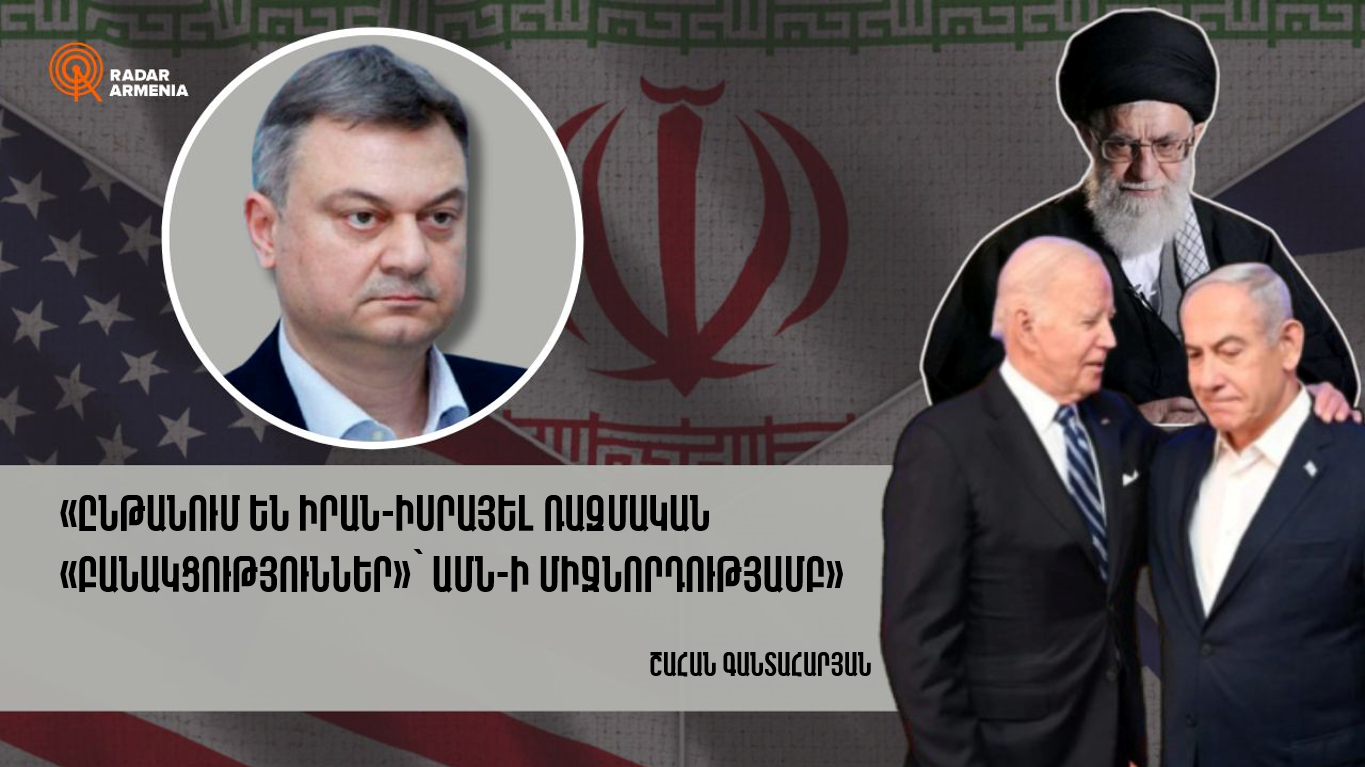Radar Armenia's interlocutor is Shahan Gantaharyan, an international scholar.
- "Hezbollah" officially confirmed d the death of the leader of the movement, Nasrallah. What role did General Secretary Sayyid Hassan Nasrallah play for the organization?
- The General Secretary of "Hezbollah" was an authority in his party and Lebanon. "Hezbollah" became a regional power under him. I think he managed to institutionalize the party because, after his assassination, the system was working. His deputy, who now holds the position of Secretary General, stated that "Hezbollah" is not changing its military-political behavior.
- "Hezbollah" executive council elected Hashem Safieddin as the new general secretary. What kind of connections does he have with Iran?
- They haven't officially chosen yet. Last night, there was heavy shelling in the southern suburbs of Beirut. They announced that the target was the most likely candidate, Safieddin. His fate is still uncertain.
- What significance will this appointment have from the point of view of Iran's interests? Is "Hezbollah" much more vital now?
- "Hezbollah" is considered one of the most vital centers of the proxy war in the region, which is, in fact, the Lebanese division of the Iranian army. Netanyahu changed the direction of the war to "Hezbollah," igniting a second front. In the case of Gaza, there was a wave of non-Israeli resentment against the Israeli Prime Minister and his government. In this case, it seems they support it. It is noticeable that there were support gatherings abroad in favor of the rights of the Palestinian people, but now there is no such support for "Hezbollah." It is considered a stronghold of Iran and determines the attitude of public opinion. I think that the bases of the Iranian proxy, "Hamas," "Hezbollah," and the Houthis of Yemen, will still work in the region.
- Do "Hezbollah" airstrikes harm Israel?
- So far, for the fourth day, Israel has not managed to carry out a land invasion. "Hezbollah" resists. Israel declares that it has victims and victims. Fierce battles continue. In contrast to land, air is the Israeli supremacy. There is no anti-aircraft system, and Israel is striking Hezbollah military facilities and leaders extensively and very heavily.
- Will Iran and Israel eventually start a full-scale war?
- It seems that Iran-Israel direct missile strikes are coordinated with the USA. The US was informed, and Washington made statements before the attack. They are military "negotiations" with the mediation of the USA. Iran announced that it carried out its attack under Article 51 of the United Nations, hitting only military targets and thereby completing its attack plan. American sources announced that Israel does not find it necessary to strike Iran comprehensively at this time. Washington warns about the dangerous consequences of escalation at every opportunity.
- In such a scenario, what will happen in the South Caucasus, and what will its impact be on Armenia?
- The Second Great War is not in the interests of geopolitical forces. That is why the red lines do not cross. The formula of manageable war works. Through the Armenian lens, we must remember that the Armenian side waged war against the Azerbaijan-Turkey-Israel alliance. The strengthening of Israel's arming Azerbaijan will oppose Armenian interests. Baku-Tel Aviv cooperation is based on the gas-armament axis.
Hayk Magoyan


















